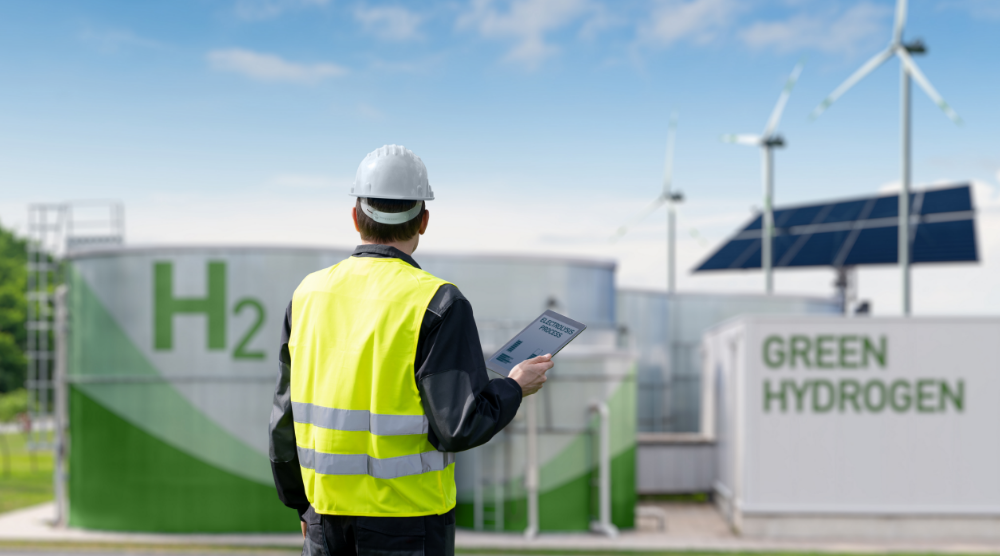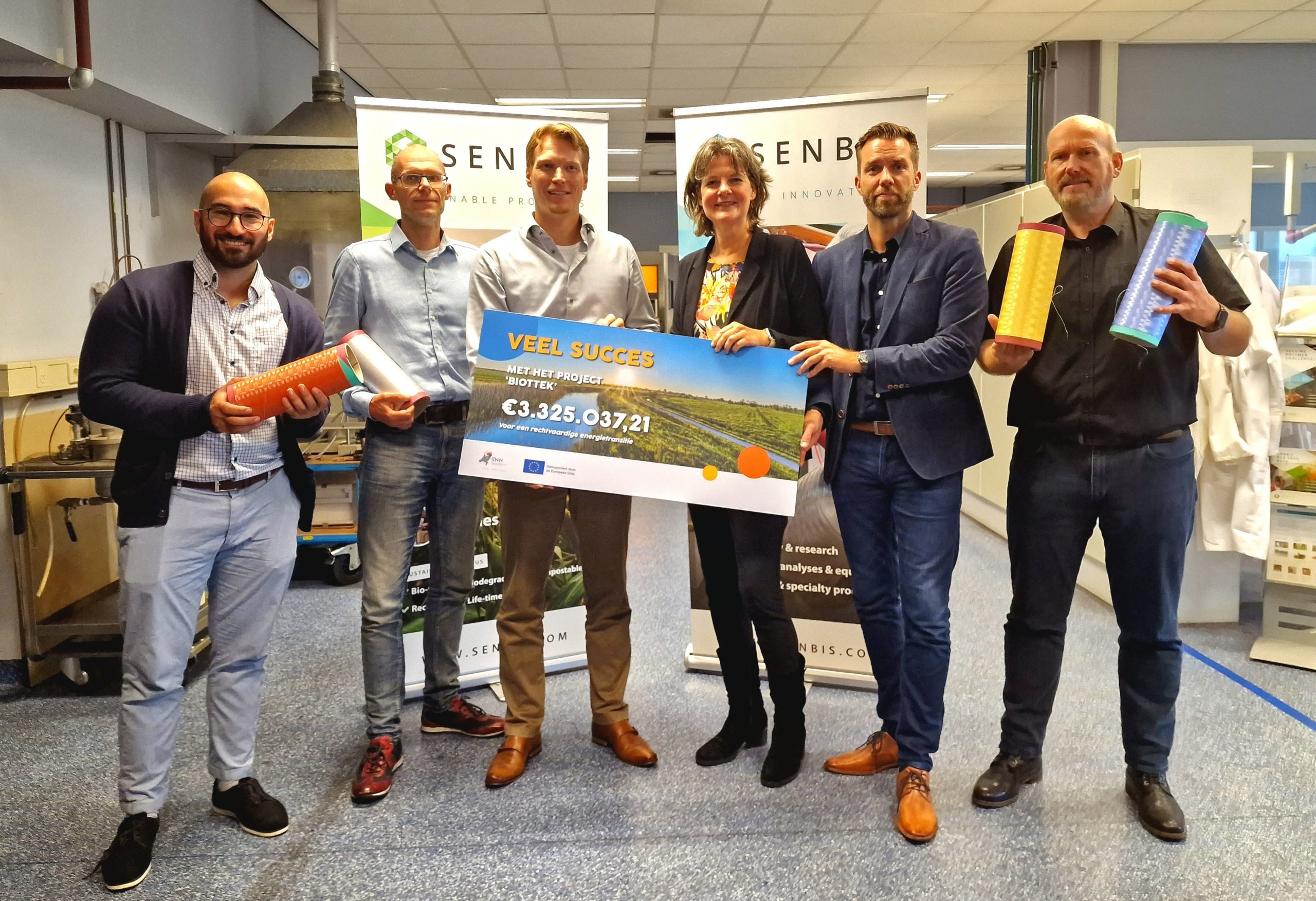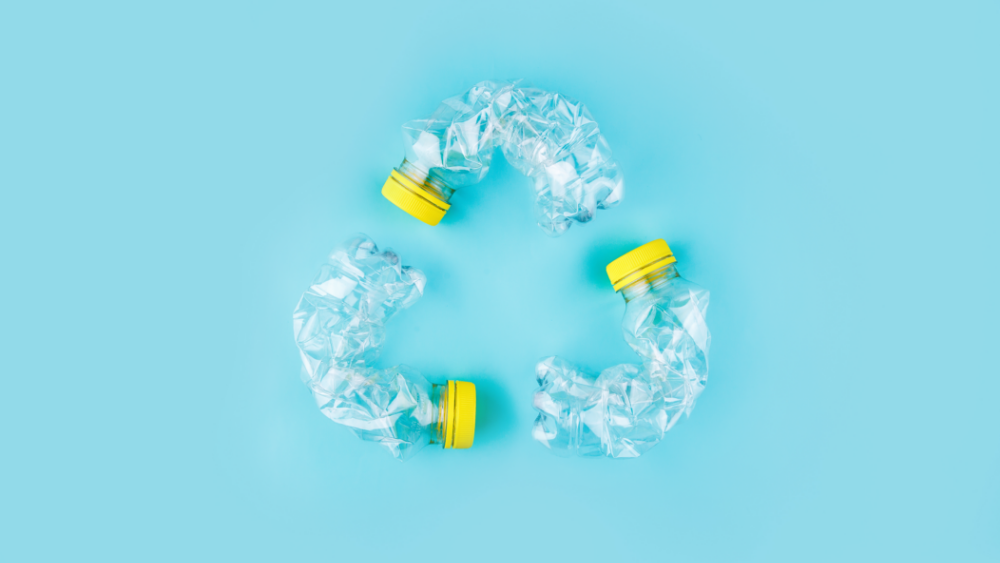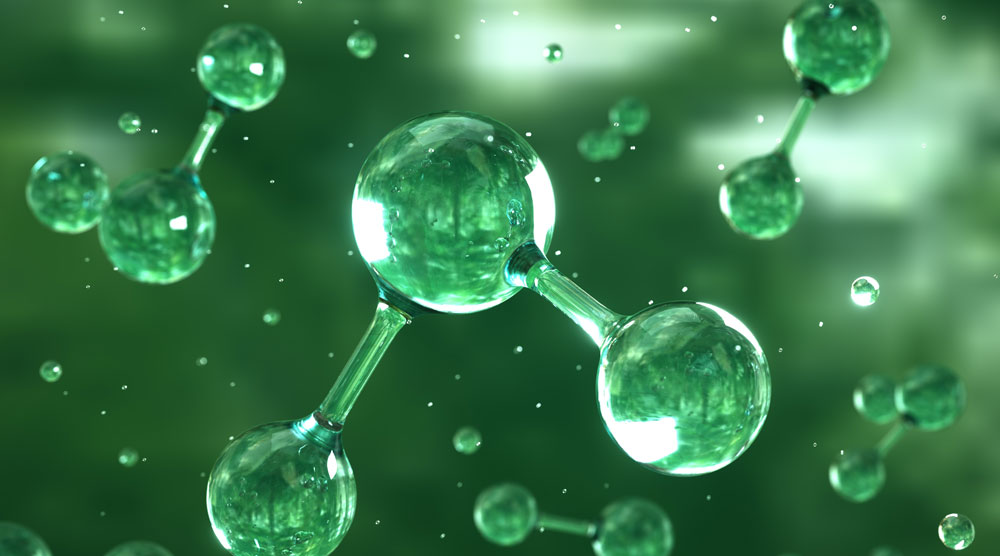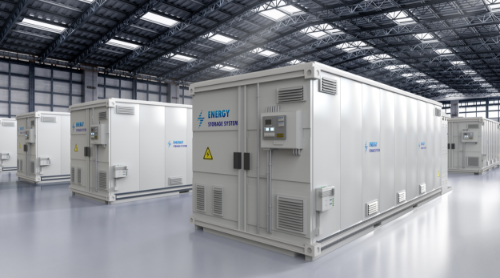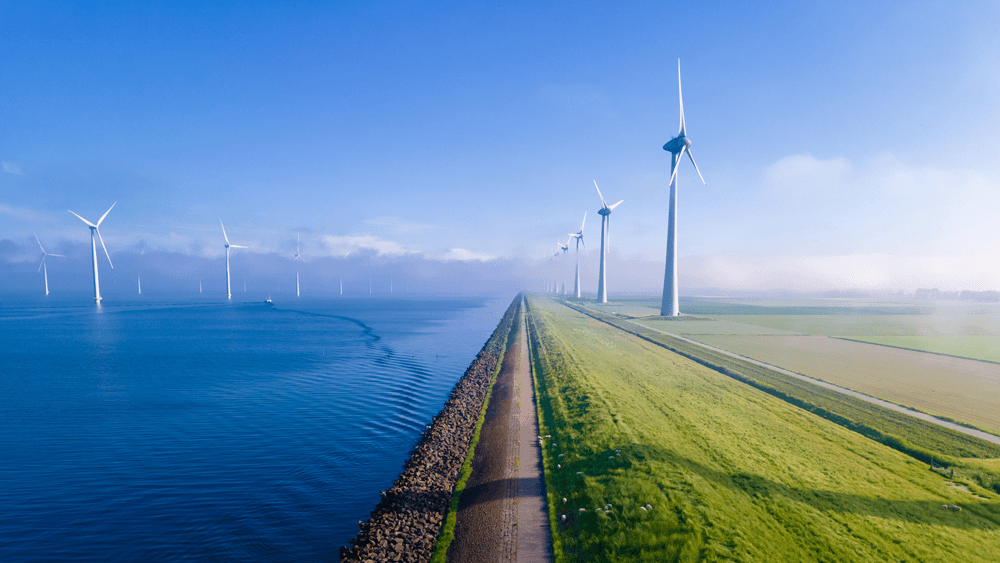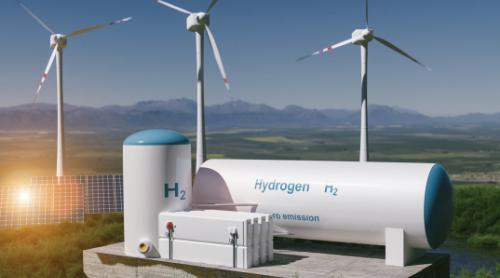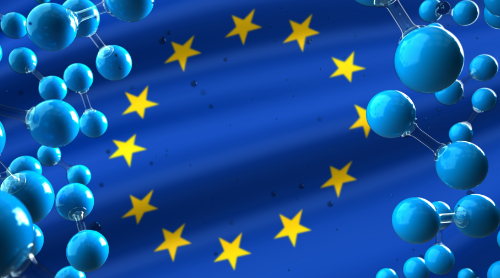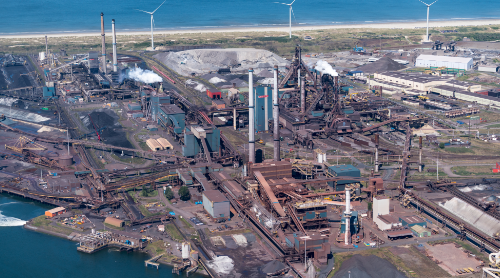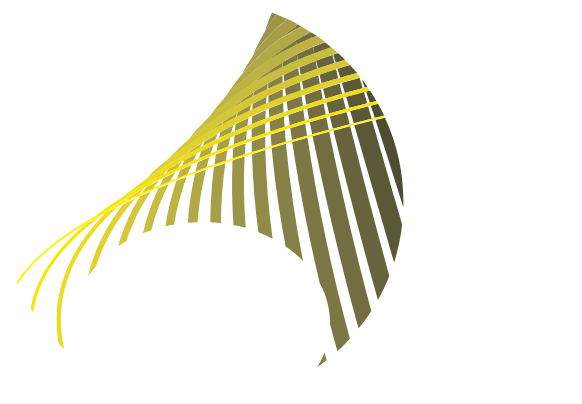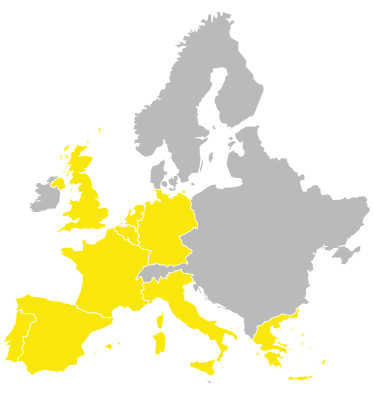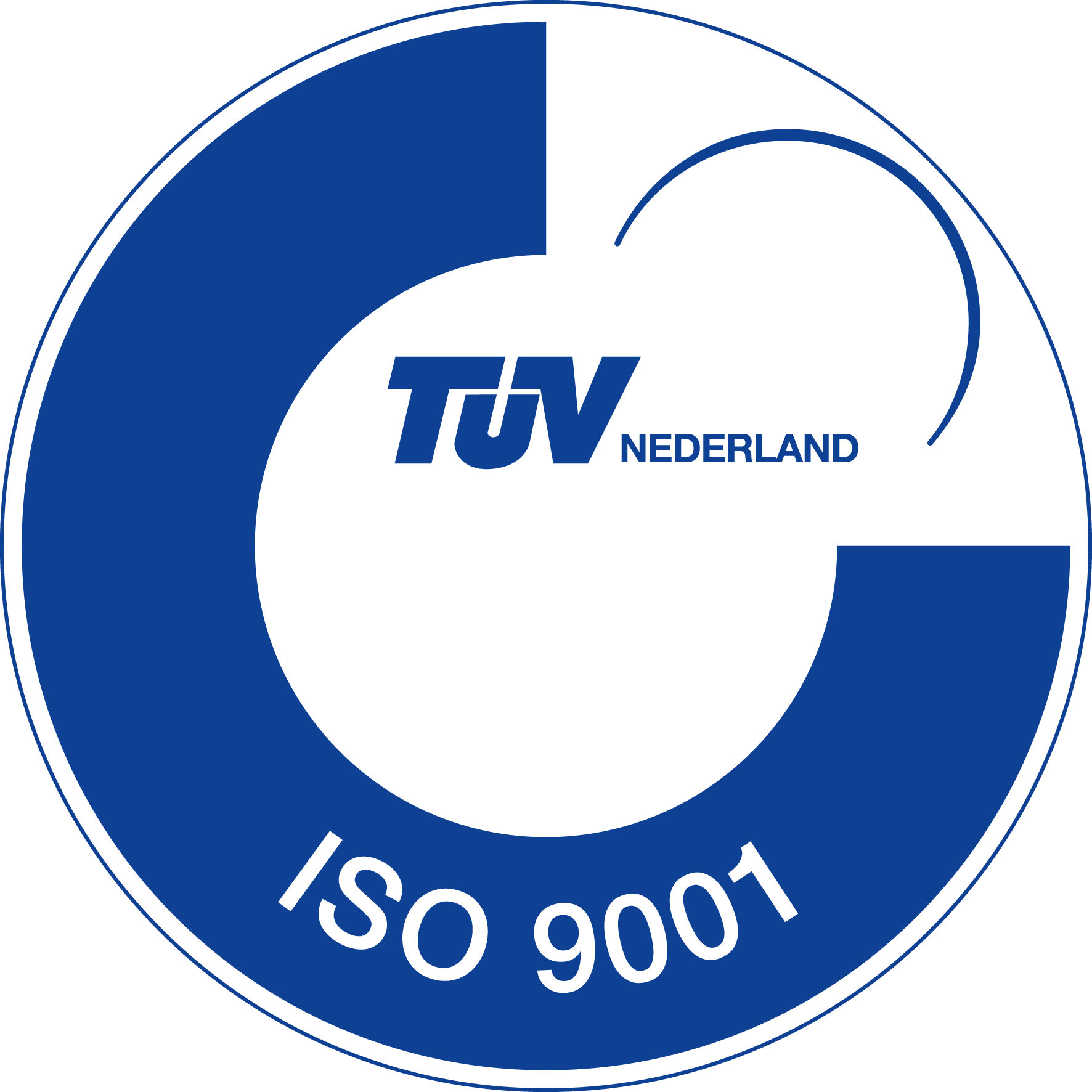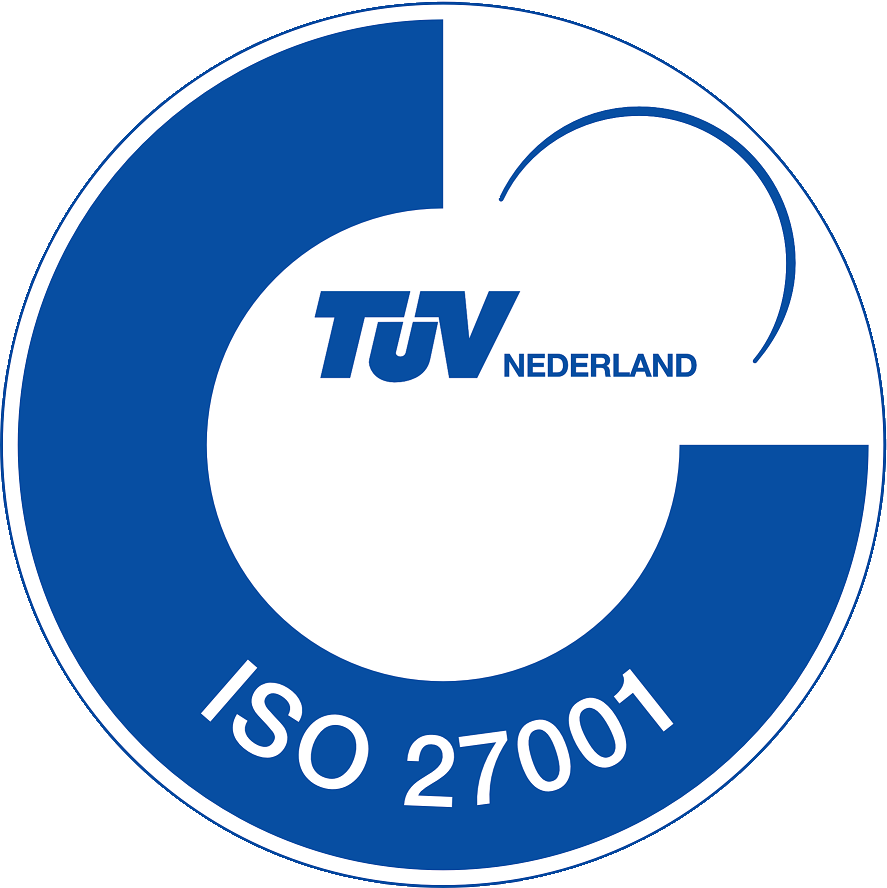What is the ‘Clean Hydrogen’ partnership?
The Clean Hydrogen Joint Undertaking (‘Clean Hydrogen JU’) is an international public-private partnership between the European Commission and the European hydrogen industry and research community. The partnership’s main goal is to contribute to the EU Green Deal and Hydrogen Strategy through funding of research and innovation activities (as part of the Horizon Europe Programme). Among the main focus areas are: renewable hydrogen production, hydrogen transmission, distribution and storage, fuel cell technologies, and applications across industry, transport, power and buildings sectors.
Call for proposals 2023: topics
The Clean Hydrogen Annual Work Programme for 2023 includes one ‘call for proposals’ (with identifier HORIZON-JTI-CLEANH2-2023). The call was released on 17 January 2023 and invites innovators to come up with proposals that must address one of the following topics:
A. Renewable Hydrogen:
- Innovative electrolysis cells for low temperature hydrogen production (RIA)
- Innovative Solid Oxide electrolysis cells for intermediate temperature hydrogen production (RIA) • Advances in alkaline electrolysis technology (RIA) • Photo(electro)chemical and photocatalytic production of hydrogen (RIA)
- Waste to Hydrogen demonstration plant (IA/flagship)
- Valorisation of by-product O2 and/or heat from electrolysis (IA/flagship)
- Integration of a large electrolyser and local pipeline network into an industrial cluster (IA/flagship)
B. Hydrogen storage and distribution:
- Large-scale demonstration of underground storage (IA/flagship)
- PNR about compatibility of Transmission gas grid steels with H2 and mitigation techniques (RIA)
- Novel insulation concepts for LH2 storage tanks (RIA)
- Demonstration of high pressure (500-700 bar) supply chain (IA)
- Demonstration action on LH2 refuelling station for maritime, aviation and railroad applications (IA)
C. Hydrogen end uses – transport applications:
- Real environment demonstration of Non-road mobile machinery & Mobile refuelling solution (IA)
- Development of a large fuel cell stack for maritime applications (RIA)
- Ultra-low NOx combustion system for aviation (RIA)
D. Hydrogen end uses – clean heat and power:
- Development of high power and impurity tolerant fuel cells for cold ironing operating on green H2 grids (RIA)
- Research on fundamental combustion physics, flame velocity and structure, pathways of emissions formation for hydrogen and variable blends of hydrogen, including ammonia (RIA)
- Retrofitting of existing natural gas turbomachinery cogeneration systems for industrial sector (IA)
- Hydrogen burners and furnaces for heat production for hard-to-abate industries (IA)
E. Horizontal activities: Cross-cutting Issues, Hydrogen Valleys, Strategic Research Challenges:
- Product environmental footprint pilot for FCH product categories from H2 Production to H2 Use (RIA)
- European Hydrogen Academy (CSA)
- PNR on determination of hydrogen releases from the H2 value chain (RIA)
- Hydrogen Valleys (both large-scale and small-scale) (IA)
- Strategic Research – Advanced materials for hydrogen storage (RIA)
- Strategic Research – Increasing the lifetime of fuel cells and electrolysers (RIA)
Grant amounts and categories
All topics listed above are explained in more detail in the official documentation. The list above mentions three types of projects:
- Topics coded RIA (Research and Innovation Actions) involve early stage R&D and feasibility studies around specific challenges (with grants covering of up to 100% of the eligible costs).
- Topics coded IA (Innovation Actions) are closer to the market. They include prototypes, pilots, demonstrations, and later stage R&D and testing (even intended ‘flagship’ projects). Grant support for such actions can be up to 70% for commercial organisations.
- Finally, CSA stands for Coordination and Support Actions. They involve specific assignments for the Clean Hydrogen programme (like setting up research or knowledge centres). Funding rate: 100%.
Budget and deadlines
The total available budget for the 2023 call is over 195 million euros. Proposals can be submitted until the deadline of 18 April 2023. The available grant budget differs per topic and lies somewhere between 1.5 million and 20 million euros per topic. Detailed information on each topic can be found in the official Work Programme 2023.
Only the best proposals/projects will be rewarded a grant. Important assessment criteria are: the excellence, impact, quality and efficiency of the proposal. It goes without saying that the bar is set high here, and only parties with the right (high-quality) expertise will stand a chance of being awarded a grant. The fast deadline is an additional point of focus in this respect.
Want to know more?
The experts at PNO Chemistry and EGEN (both part of PNO Group) have years of experience with H2-related innovation projects and successful grant applications, and can assist you like no other in drawing up an application (and HQ project plan) with optimal chances of success. Feel free to contact us.
